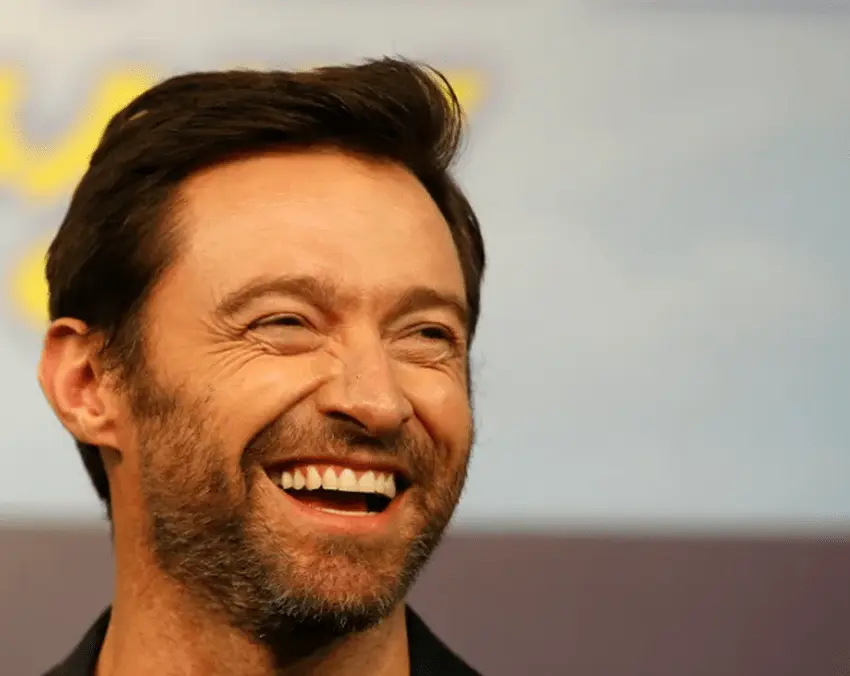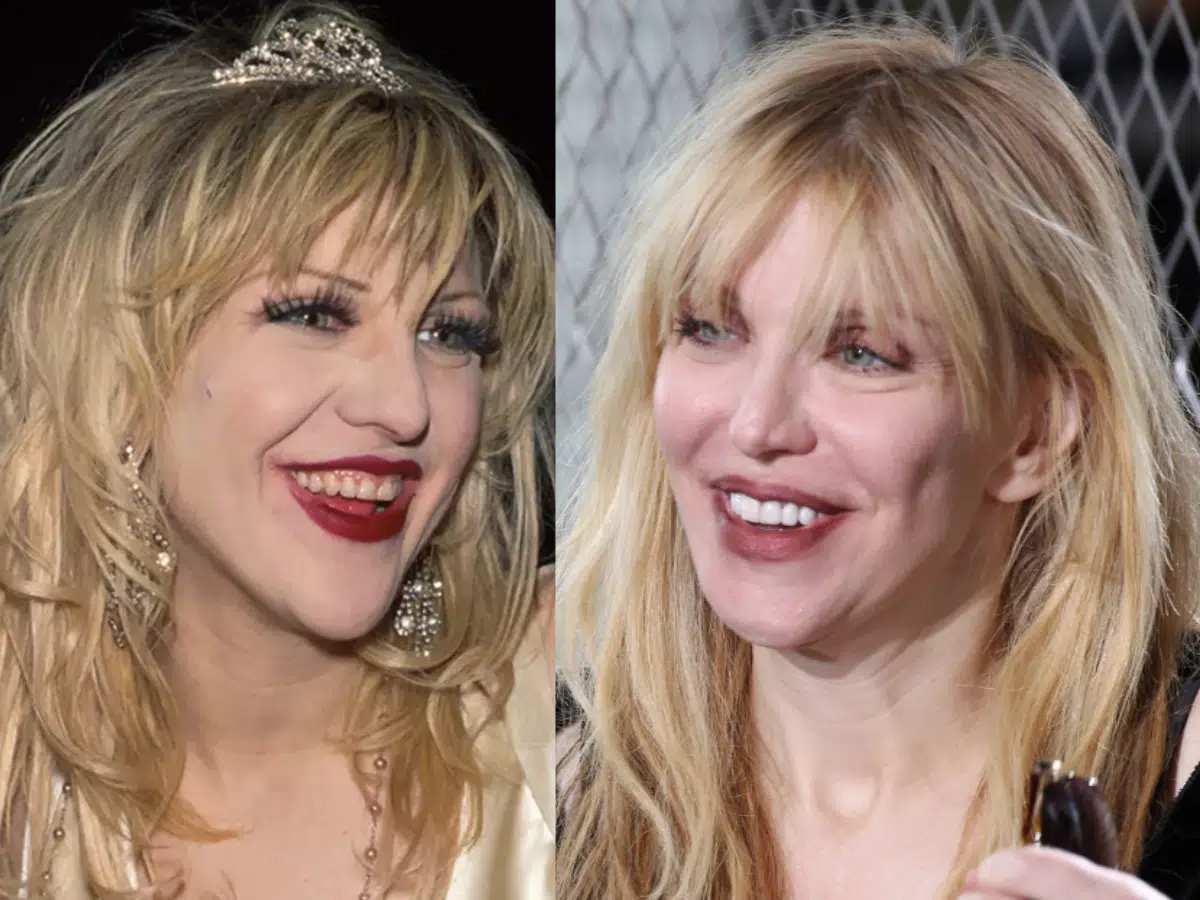Brushing Babies’ Teeth: Tips, Techniques, and Why It’s Important?
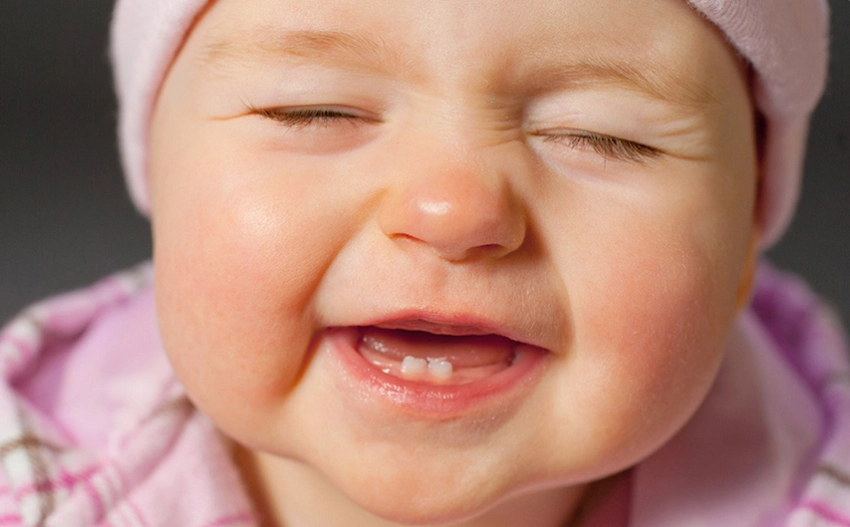
Starting early, from day one, it is essential to keep the baby’s oral hygiene in perfect condition so that the teeth not only grow, but they are also healthy. Most importantly, the child will pick up good habits while they are growing. Right about when is the point that you start brushing your baby’s teeth and what would be the correct way to do it?
Carry on reading for we shall only keep you in the know and also tell you the correct procedure for brushing babies’ teeth, the benefits that this action brings, and the time when the first use of a toothbrush is allowable. Creating a regular dental routine with your baby right from the start to ensure good dental habits are formed as early as possible.
When to Start Brushing Your Baby’s Teeth?
Perhaps, many parents are bewildered as to the time when to brush their baby’s teeth. The thing is that oral care can be started even before the teeth appear, thus the good news. Although your baby doesn’t have the need to brush their teeth from the start, it’s good of you to care for the mouth from birth.
To start with, you should very gently use a clean washcloth, with water only, to swipe the inside of your baby’s mouth after every feeding. In this way, you will keep your baby healthy by protecting them from the build-up of bacteria due to the leftover milk or some food. From the moment of first teeth eruption (which is usually at the age of 6 months), you can brush baby babies’ teeth with a baby toothbrush with soft bristles. And perhaps it’s to keep their teeth clean and sound undoubtedly and to lay the baby out to practices of oral care.
How to Brush Babies’ Teeth?
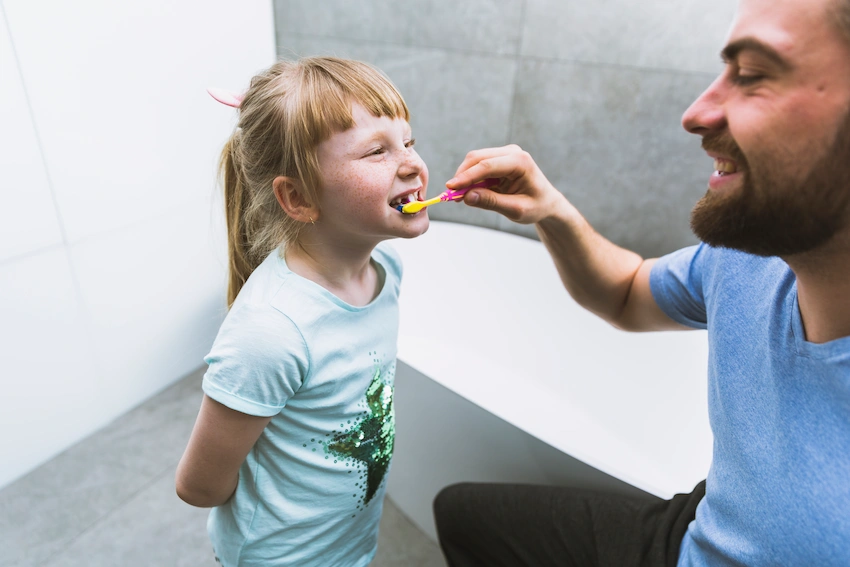
As soon as your little one starts sprouting those tiny white teeth, it can become a great source of excitement for you and your family members, however, you need to be vigilant in taking care of their little pearls so that they grow strong. When and how to brush babies’ teeth is important to know.
This is an article that contains some of the most important tips and recommendations for the best possible methods of cleaning baby teeth and maximizing dental hygiene. These are some of the most vital things to bear in mind while caring for your baby’s teeth, starting with what products to use:
Use a Small Soft-bristled Toothbrush
Search for a little, soft bristle toothbrush with a small head specially designed for infants. The head is designed in a way that it can reach the back teeth even of the smallest children without causing pain, and the bristles are very gentle to your baby’s little pearls. You can brush babies’ teeth with a bristle toothbrush without any issue.
Use a Rice Grain-size Toothpaste
In the case of children aged 3 years and less it is dangerous to brush babies’ teeth with a lot of toothpaste. The usage of toothpaste is recommended in small quantities containing fluoride – only as big as a grain of rice. Little kids tend to swallow the paste along with their saliva, therefore, be mindful you do not overuse the paste. When your baby is 3 years old, you can proceed to give him a toothpaste portion the size of a pea.
Brush Tenderly Two Times Daily
This part talks about the method of brushing your little one’s baby teeth. It is probably not much but it is very necessary to ensure that his first set of white enamel teeth last for the duration they are meant to do. In fact babies can develop decay and cavities at an early age since they tend to take sugary substances too often and therefore it is crucial to brush babies’ teeth.
To keep your baby’s teeth clean and healthy you need to brush with a toothbrush the teeth surface present at least twice daily with a soft, small-bristled toothbrush. Your goal is to make sure that you use small circular strokes with the toothbrush to clean every single surface of each and every tooth taking care to also brush their gums
Get Them Used to the Routine of Brushing.
Initially, you may have to deal with resistance from your baby to brush their teeth. They may be unaware of what the toothbrush is for and as such may try to escape from it. To make it a positive experience, however, you need to be consistent and patient with them, especially by brushing babies’ teeth after a fun activity or as part of a routine. Your baby finally is convinced and allows fake brushing, then changes to real brushing teeth if necessary.
Why Brushing Your Baby’s Teeth Is Important?
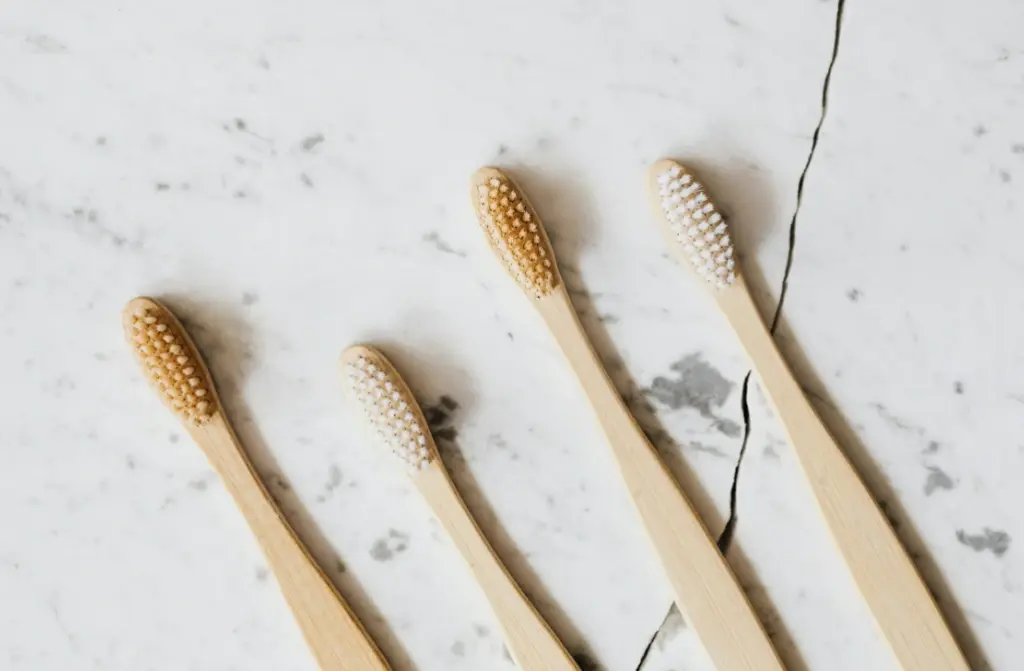
Having good oral hygiene habits and brushing babies’ teeth for children should be established early enough in life because of its intrinsic need for these in the future . There are a number of aspects which make brushing the teeth of your little one an essential practice:
Prevents Tooth Decay and Cavities
Babies are prone to cavities, just like adults, even in baby teeth. This happens if, for instance, during the period of tooth eruption, your baby is frequently in touch with sugary liquids or food. Traverse brushing helps get away from the buildup of plaque and bacteria, which in turn, would cause decay and cavities.
Establishes Good Oral Hygiene Habits
Besides, early practice brings a reward for babies as they gradually get used to the process of teeth cleaning. In addition to your baby, starting dental care at an early age is a way of giving good behavior as a bouquet, to the children to be well carried into their youth. This will be the foundation upon which will evolve all their healthy dental hygiene.
Prevents Gum Disease
Excluding the cleaning of teeth, brushing is essential for both the teeth and the surrounding gums. Once the plaque and food particles are removed, gingivitis is less likely to occur in children. By this we mean that gum inflammation, increased bleeding, and the immediate severe problems that cause dental issues will be avoided.
Supports Healthy Permanent Teeth
As for the first teeth, they act as the future teeth’ placeholders. Taking care of the primary teeth makes it certain that the permanent ones will grow out properly. In addition, starting the dental cleaning of the kids earlier is going to be beneficial to them since the young ones will have straight and perfect teeth with minimum to zero infections in the future.
When Should a Child Start Using Fluoride Toothpaste?
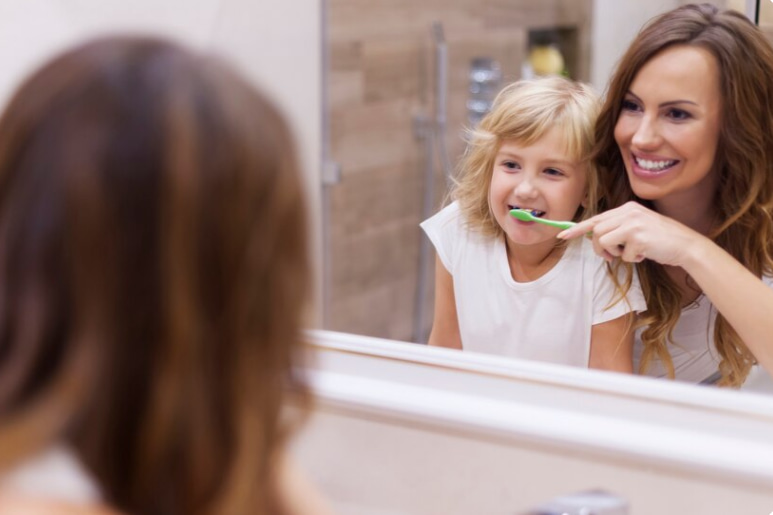
Once a child’s first tooth is coming through, one should start using fluoride toothpaste while brushing babies’ teeth. Fluorine is a very good material for the hardening of your child’s teeth surface and protecting them from cavities at the same time. To note importantly, though, a little bit of fluoride only (dental professionals suggest the size of a grain of rice) is enough for children under the age of 3 as excess fluoride can put a child at the risk of fluorosis.
Fluorosis is a disorder that can cause white spots or streaks on the teeth. When the child passes the age of 3 to around 7, a pea-sized amount of fluoride toothpaste could be used and at the same time teach your child how to spit it out after brushing. This method acts as a reinforcement to the enamel and thus it guarantees the child to be cavity-free as they grow.
FAQs About Brushing Babies’ Teeth
Start brushing your baby’s teeth once the first tooth comes in, usually about 6 months old. Before that, clean your baby’s gums gently with a wet washcloth after each feeding.
Toothpaste should be like the size of a small grain of rice for children that have an age of 3 years or younger. When the child is 3 years old, a pea-sized portion of the fluoride toothpaste is allowed to be used.
Fluoride is indeed safe for babies if it’s the right dose and it works against cavities as well as hardens tooth enamel. Though, for the sake of avoiding the condition of fluorosis, the overuse of toothpaste should also be kept away from.
Yes, you can use a soft-bristled electric toothbrush designed for babies, as long as it’s gentle on their gums and teeth. Make sure to use the correct brush head for babies and keep the brushing time short.
It’s common for babies to resist having their teeth brushed, but it’s important to be patient and make it a positive experience. Try brushing their teeth at the same time each day, and make it part of their bedtime routine. You can also let your baby hold the toothbrush to make them feel involved.
